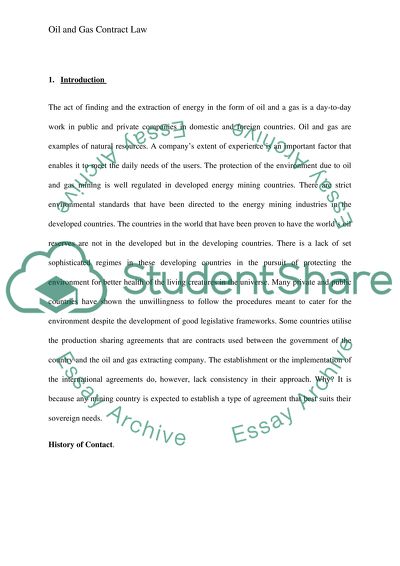Cite this document
(“Oil and Gas Exploration and Production Contracts Essay”, n.d.)
Retrieved from https://studentshare.org/law/1672676-oil-and-gas-exploration-and-production-contracts
Retrieved from https://studentshare.org/law/1672676-oil-and-gas-exploration-and-production-contracts
(Oil and Gas Exploration and Production Contracts Essay)
https://studentshare.org/law/1672676-oil-and-gas-exploration-and-production-contracts.
https://studentshare.org/law/1672676-oil-and-gas-exploration-and-production-contracts.
“Oil and Gas Exploration and Production Contracts Essay”, n.d. https://studentshare.org/law/1672676-oil-and-gas-exploration-and-production-contracts.


